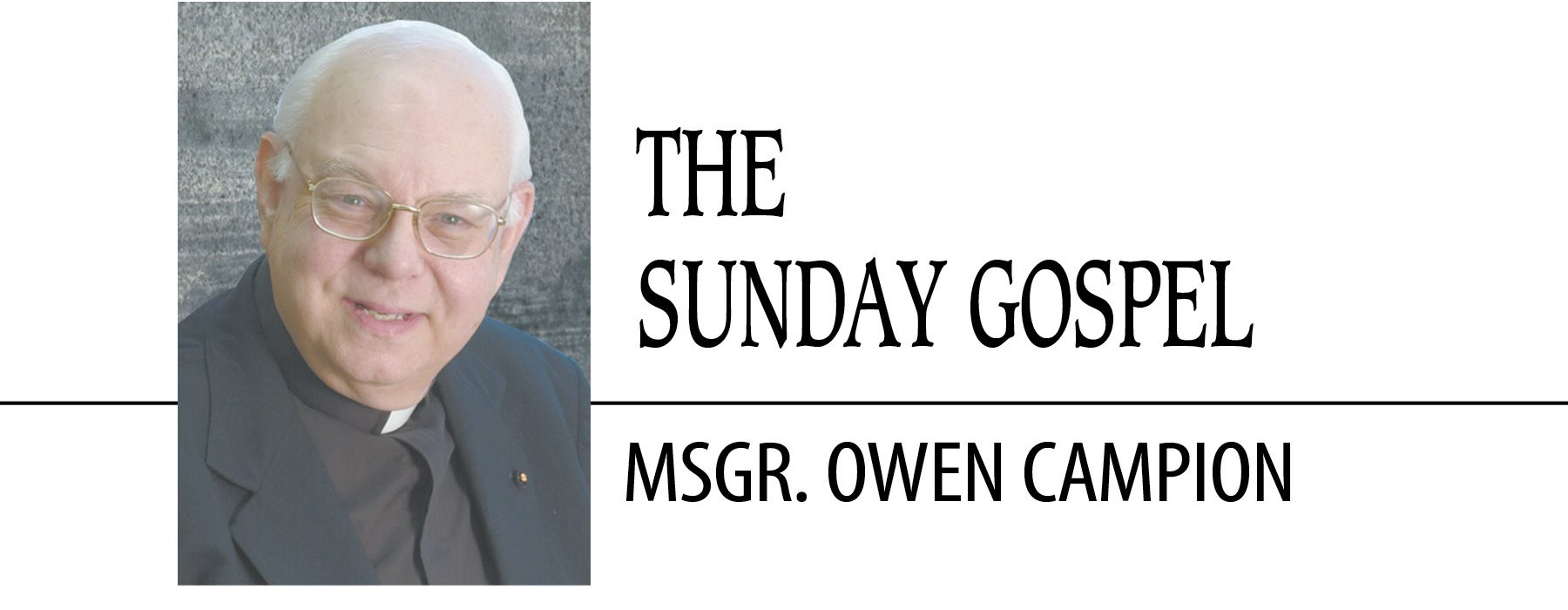January 4, 2020 // The Sunday Gospel
All people may hope for salvation, through Jesus
Feast of the Epiphany of the Lord
Matthew 2:1-12
This weekend the Church invites us to celebrate the feast of the Epiphany of the Lord, one of the most revered feasts in the Christian calendar.
Clear and distinct in the first reading from the third section of the Book of Isaiah is a brilliantly triumphant note. Why? The long, dreary exile of the faithful Hebrews in Babylon has ended.
It was not all rejoicing, however. For those who returned to the Holy Land, life was not easy. The land was decimated.
Despite this, the prophet insists, a new day will come. It is not necessarily a prediction of material success, although this would be a part of it. Rather, the new day will come when the Chosen People will realize their vocation. Then, as they return to God, the world will see the majesty and power of the great God of Israel.
For its second reading, this liturgy presents a selection from the Epistle to the Ephesians. In the first generations after Jesus, as converts increased the numbers of the Christian community, great interest began understandably to surround the question of who were to benefit from the salvation secured by the Lord.
Prompting this interest was the fact that so many new converts were from pagan backgrounds. Very soon, these Christians outnumbered the Jewish Christians.
Part of the message of Jesus was that throughout the ages God had spoken through, and to, the Chosen People, namely the descendants of Abraham, the Hebrews — but also to the world. Gentiles could expect salvation.
This is the promise underlying this reading. The salvation procured by Jesus is open to any human being.
St. Matthew’s Gospel furnishes the last reading, the story of the Magi who came from the “East” to find, and then to adore, the newborn “king of the Jews.” The story is unique to Matthew. None of the other three Gospels reports such a visit.
The story situates Jesus, the newborn Son of Mary, in the great sequence of God’s saving works. Jesus was born in Bethlehem, the birthplace of David, who as king established his own covenant with God. David ruled the Chosen People, but he was much more than a political leader. His task was to bring the people to God, God to the people.
The Magi were searching for the “king of the Jews.” The title reappears in the stories of Jesus offered in the Gospels. It is inscribed on the placard that was placed atop the cross as Jesus was dying. His entire life on earth was to complete the mission of divine salvation.
Finally, who were the Magi? No one knows exactly. Where was their home? We know only that they came from the mysterious East. How many of them? Tradition says three. The Gospel is silent. The point is that they were searching for truth, for God, and they found both in Jesus.
Reflection
At the time of Jesus, relying upon the divine revelation given the Jews through the centuries, salvation with its promise of God’s mercy and eternal life was seen as being primarily, if not exclusively, available to the Chosen People. After all, Jesus was a Jew, born of a Jewish mother. Could people of other nationalities expect to be saved?
The message of this feast, drawn from these readings, is that all people may hope for salvation through Jesus. None is preferred. All are beloved.
Nationality is no longer so much the issue, but sin, fear, guilt, or indifference separates people from God and from a sense of being with God.
On this feast, the Church calls us to come to the Lord, born of Mary, the king of the Jews, the lamb slain on Calvary. He belongs to us all. He loves us all.
The best news. Delivered to your inbox.
Subscribe to our mailing list today.






